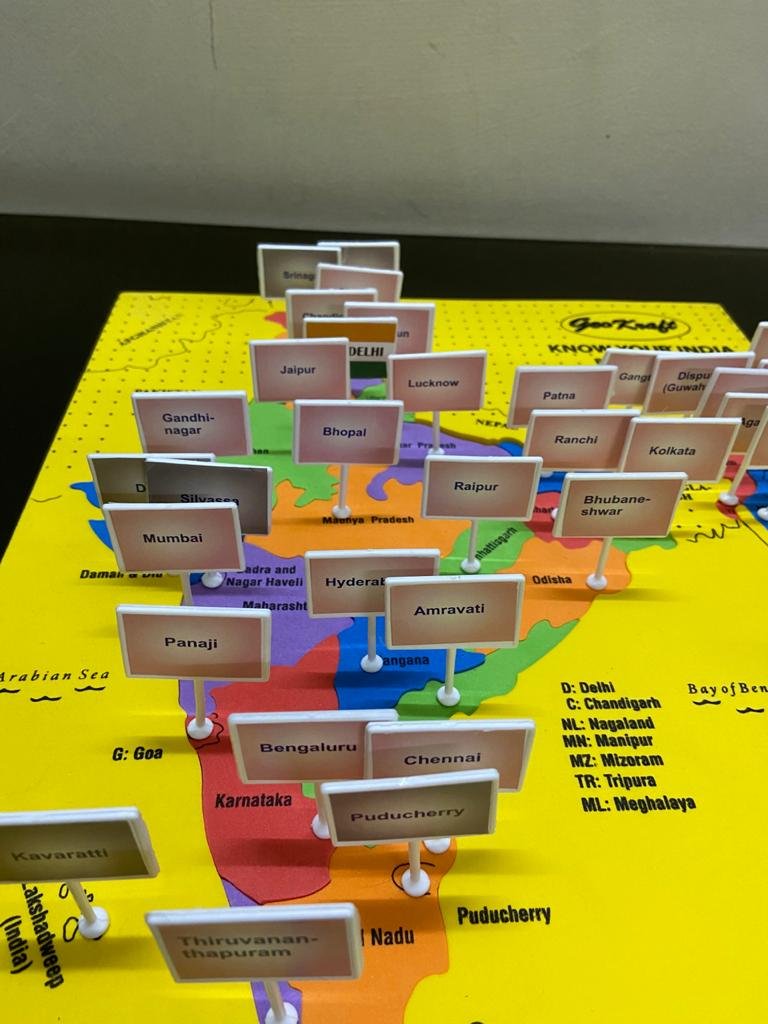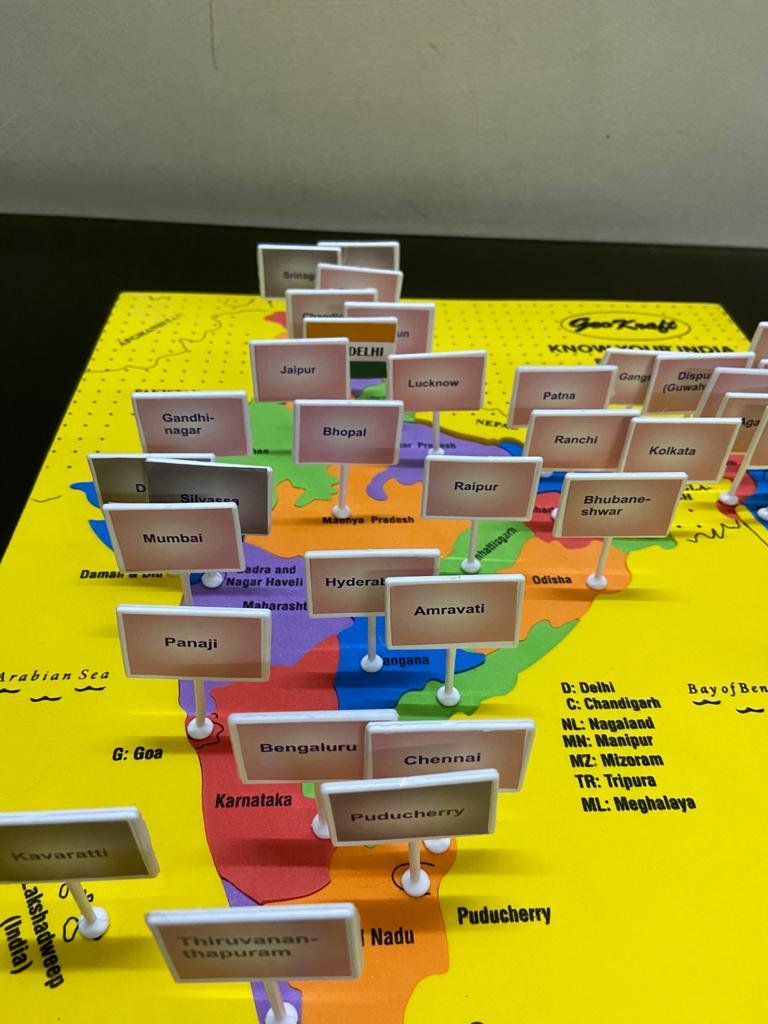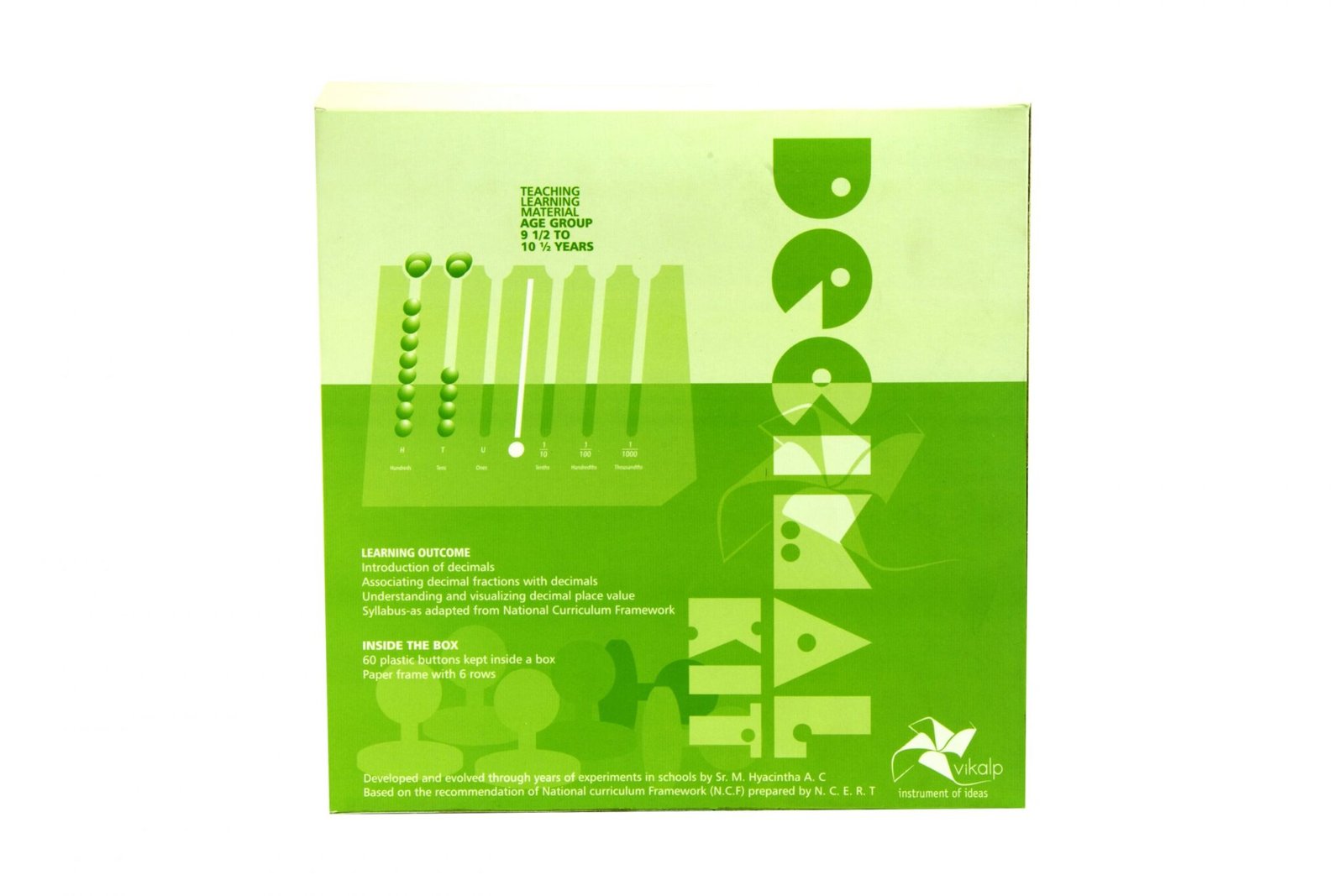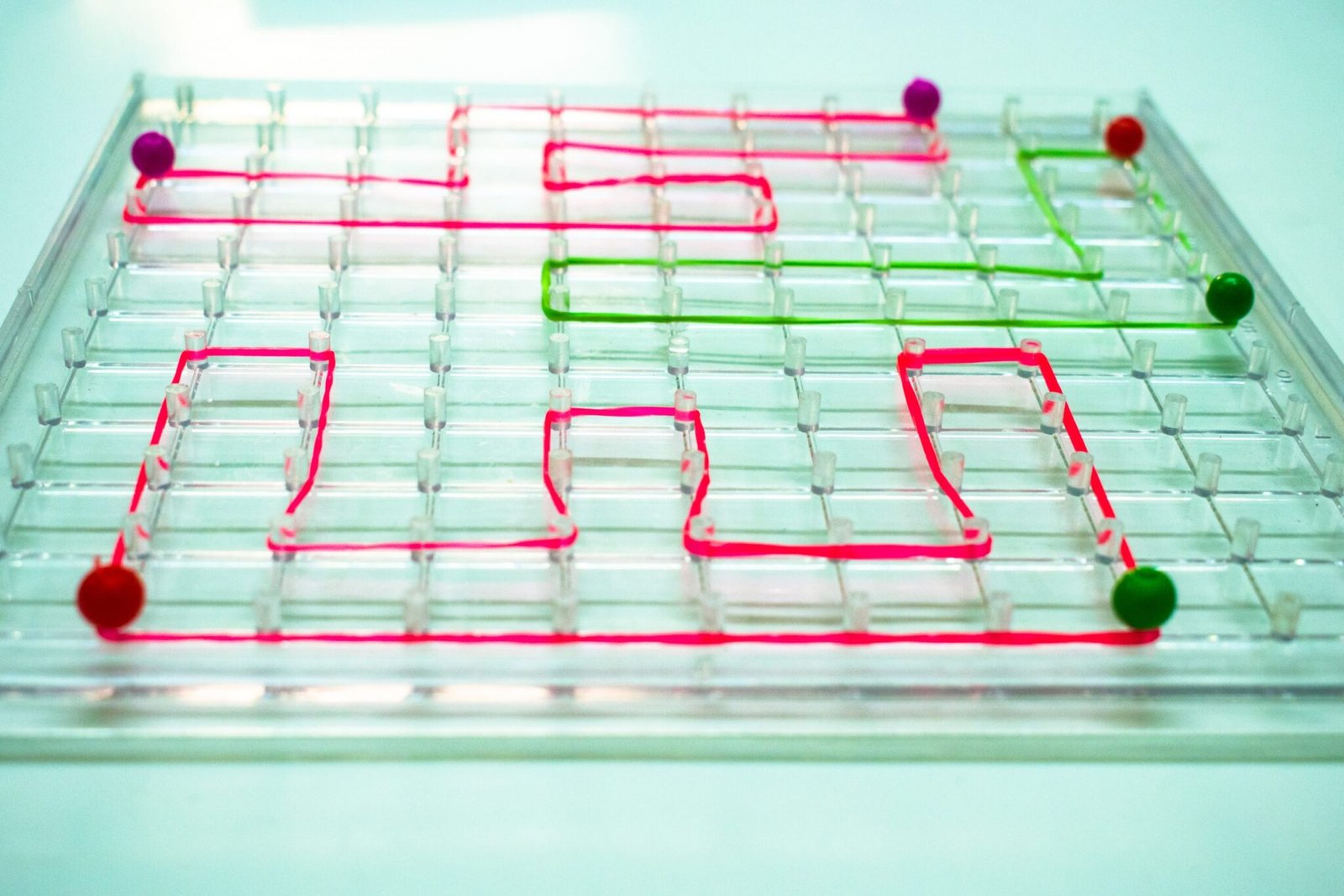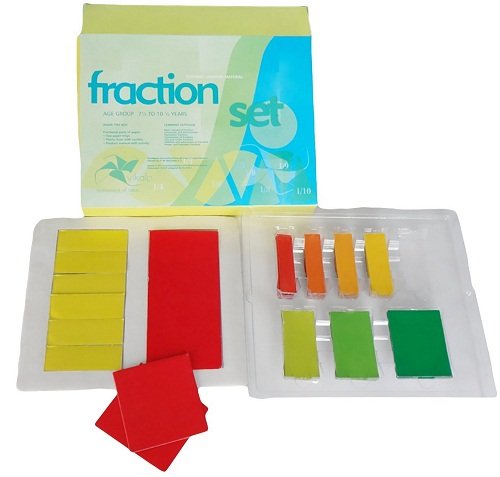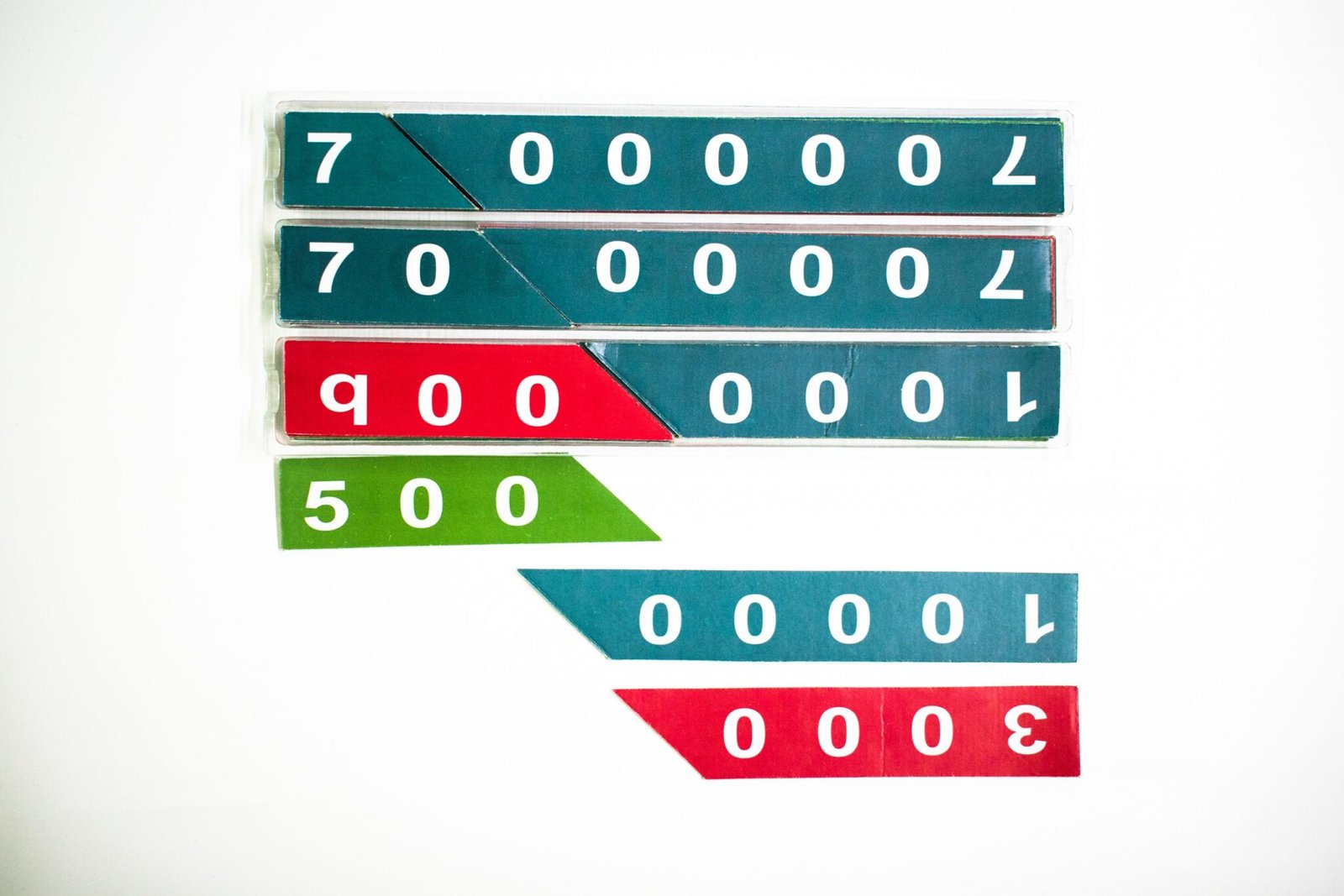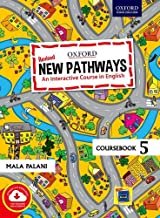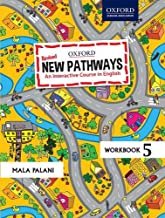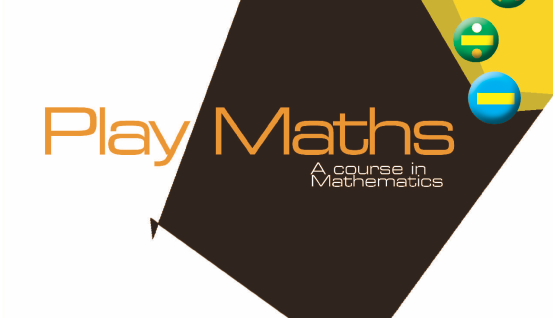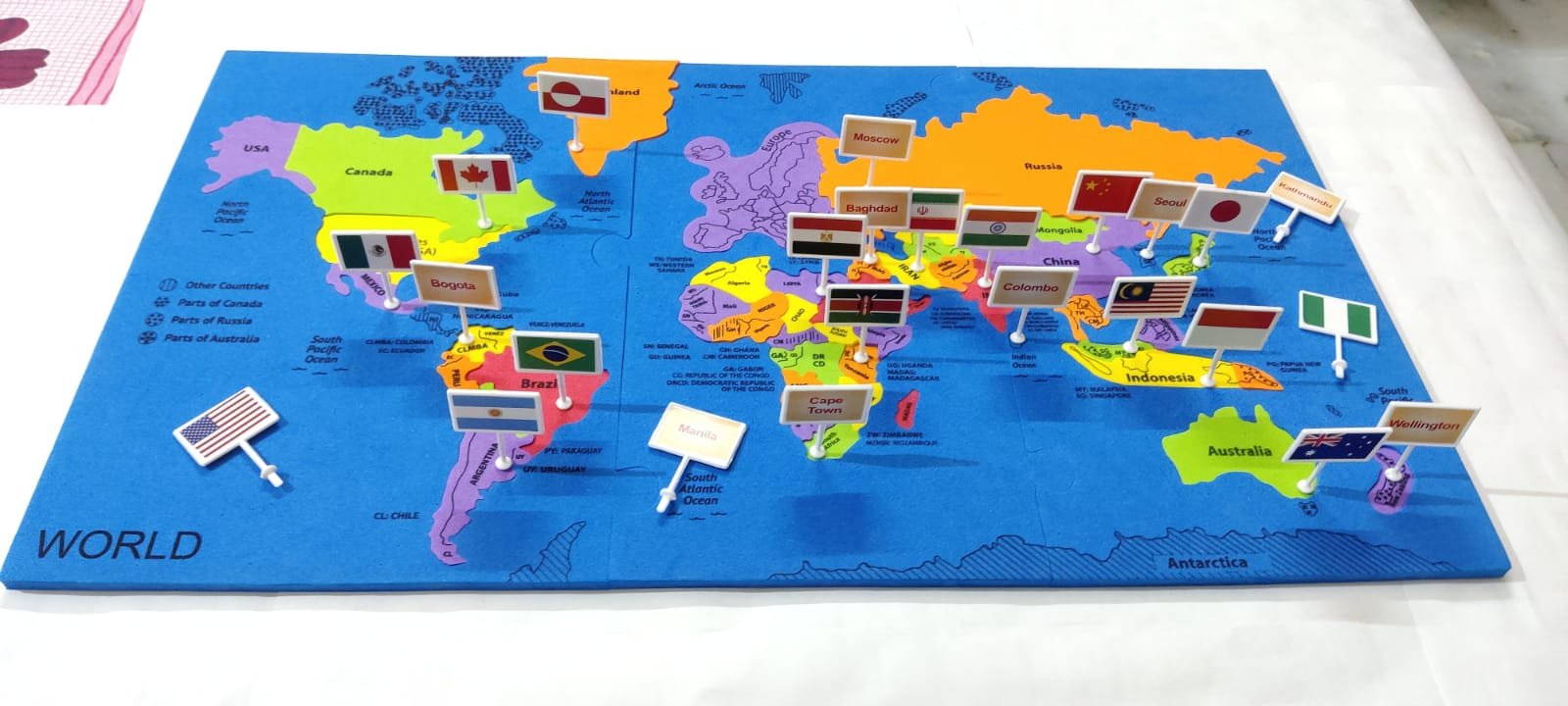Currently Empty: ₹0.00
Grade 5 Classes
₹38,032.00 – ₹114,096.00
Grade 5 Classes includes the following:-
LIVE ONLINE CLASSES
- 216 Live classes
- Duration 45 minutes
- Batch: 6 to 9 kids
- Platform: Zoom
METHODS & TECHNIQUES
- Discover concepts while doing activities
- Interpreting pictures, sketches, cartoons
- Reading Aloud, reciting poems dramatisation
- Making observations on a given topic/theme
- Telling and retelling stories & anecdotes
- Project work after the class
- Learning with everyday materials as follow-up assignment
MATH
- Making numbers on Decimal Kit.
- Symmetry & Turn on Geo Board
- Knowing different types of Numbers on Opposite Kit
- Plus, Minus, Multiply & Divide on Fraction Set
- Making 6-digit numbers with Place Value Card
- Making 2D & 3D shapes with nets of Talking Sticks
- Constructing Angles on Angle Kit
- Play Math Multicolor Workbook
ENGLISH
- Oxford University Press English Coursebook -Comprehensive curriculum which lays the foundation for spontaneous language
- Oxford University Press English Workbook-Activities & discovery-based tasks for fun and engaging learning experience. Additional grammar practice and tests
- Oxford University Press Literature Reader-Exposes the learner to selected literature texts spanning from the classic to contemporary.
EVS
- “Looking Around” Textbook for EVS
- 3 D Interactive India Image Map.
CUSTOMER CARE SUPPORT
- Coordination btw parent and faculty for online classes.
- Coordination with Parent and assessment department.
- Conducting webinars on mental, physical and socio emotional development of your child.
- Resolving doubts in doing activities, playing games and follow up assignment.
VIKALP CERTIFICATE
After successful completion of curriculum Pass Certificate with detailed assessment report is issued.
https://www.youtube.com/watch?v=fxJB3zcIY1s
Grade 5 Classes is inspired by works of founders of experiential learning approach like John Dewey, Kurt Lewin and Jean Piaget. However, our methodology is very similar to David Kolb’s four-stage model of experiential learning. It is argued that our methodology is practical application of this approach in teaching school curriculum.
- First stage– Learning begins with concrete experience. Concepts are introduced via learning toys. Children play and discover concept.
- Second Stage– This learning continues in mobile games where children reflect on what they have understood. They think about the concept from different angles while playing games on mobile.
- Third stage– Once they start grasping the concept, pen and paper is introduced. Conceptualising begins and children start thinking in abstract and starts doing exercises on workbook. This is a gradual movement from concrete to abstract.
- Fourth stage– Now children start experimenting and applying their understanding. At this stage children’s activities and pen and paper work is assessed and diagnostic report is generated. Remedial is planned and learning continues.
CONCEIVED BY
Following two educators of Indian origin has contributed significantly in the conception of this idea:
- P.K. Srinivasan – Fulbright Exchange teacher in USA. Later became Director Emeritus, Ramanujan Museum and Math Education Center (Chenni, India)
- M. Hyacintha A.C – Director, Carmel Teacher Center, Hazaribagh, India.
FINDINGS OF THIRD-PARTY ASSESSMENT
Conducted by FSG- international NGO based in Washington DC.
Students subscribing to Vikalp methodology scored 61% higher than control students not subscribing to this way of learning.
Conducted by Gray Matters – measures learning outcomes of children
- Average scale score of sample where conventional teaching is practiced – 88 out of 200
Average scale score after 1 year of implementation of Vikalp methodology – 105 out of 200
Conducted by Lean data study by Acumen – New York based assessment agency
- 80 % parents observed increase in their child’s score
- 83% parent observed improvement in interest in math, ability to grasp concepts, willingness to do homework independently.

